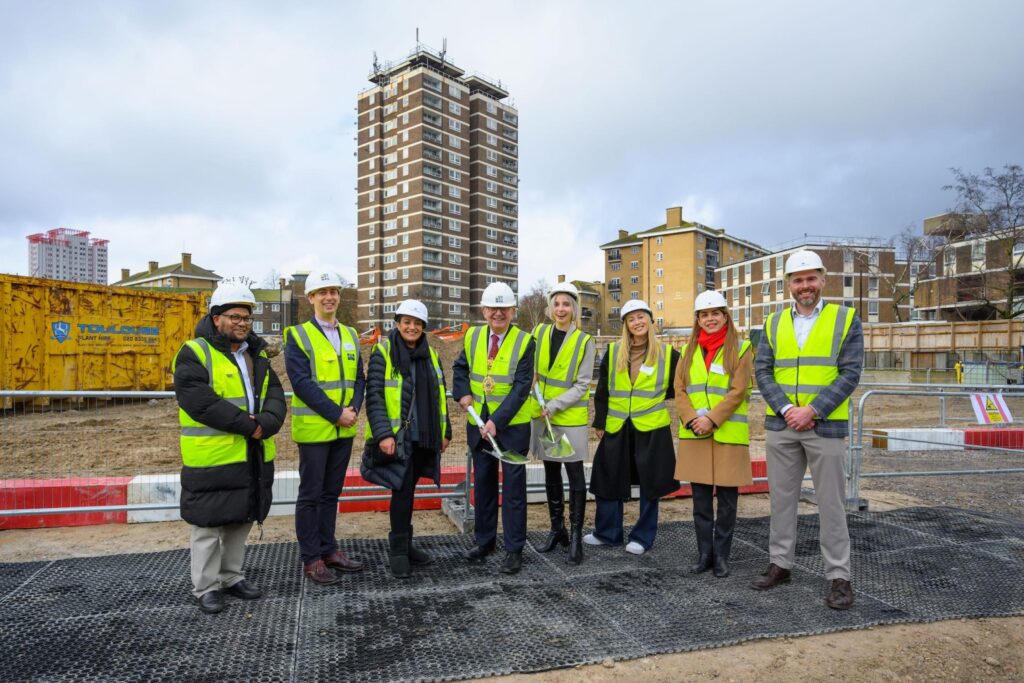Renting a private sector home, falling repeatedly into arrears, and exposure to pollution in the vicinity are linked to faster ‘biological’ ageing – the cumulative damage to the body’s tissues and cells, irrespective of actual age – according to new research.
The biological impact of renting as opposed to owner occupancy is nearly double that of being out of work rather than having paid employment, the findings suggest.
These effects are reversible, emphasising the importance of housing policy in health improvement, said the researchers from the University of Essex.
Numerous aspects of housing are associated with physical and mental health, including cold, mould, crowding and injury hazards, stress, and stigma. But exactly how they might exert their effects isn’t entirely clear.
To explore this further, the researchers drew on epigenetic information alongside social survey data and signs of biological ageing, captured through evidence of DNA methylation in blood samples.
They used data from the representative UK Household Longitudinal Study (UKHLS), linked with prior survey responses from the British Household Panel Survey (BHPS), covering adults in Great Britain.
They mined the information available in the UKHLS and the BHPS on material elements of housing: tenure; building type; government financial support available to renters; presence of central heating as a proxy for adequate warmth; location in an urban or rural area.
Psychosocial elements were also included: housing costs; payment arrears; overcrowding; and moving expectations and preferences.
Additional health information was subsequently collected from the 1,420 survey respondents, and blood samples taken for DNA methylation analysis.
Information on historical housing circumstances was gleaned by pooling the responses from the past 10 years of the BHPS survey for each respondent.
The analysis, which accounted for other potentially influential factors, showed that living in a privately rented home was associated with faster biological ageing. What’s more, the impact of renting in the private sector, as opposed to outright ownership with no mortgage, was almost double that of being out of work rather than being employed.
It was also 50% greater than having been a former smoker as opposed to never having smoked.
When historical housing circumstances were added to the mix, repeated housing arrears, and exposure to pollution/environmental problems were also associated with faster biological ageing.
Living in social housing, with its lower cost and greater security of tenure, was no different than outright ownership in terms of its association with biological ageing once additional housing variables were included.
This is an observational study, and as such can’t establish cause. The researchers acknowledge several limitations to their findings. For example, there were no contemporary measures of housing quality and the DNA methylation data came only from white, European respondents.
‘Our results suggest that challenging housing circumstances negatively affect health through faster biological ageing. However, biological ageing is reversible, highlighting the significant potential for housing policy changes to improve health,’ said the researchers.
‘What it means to be a private renter is not set in stone but dependent on policy decisions, which to date have prioritised owners and investors over renters.’
Responding to the findings, Dan Wilson Craw, deputy chief executive of campaign group Generation Rent, said: ‘The government has a huge opportunity to improve renters’ health by passing the Renters (Reform) Bill, which will stop landlords evicting tenants without providing a reason, and make it easier to hold landlords accountable for the quality of their homes.’
Image: Claudio Schwarz
Housing standards to be re-shaped amid growing health concerns

















Leave a Reply